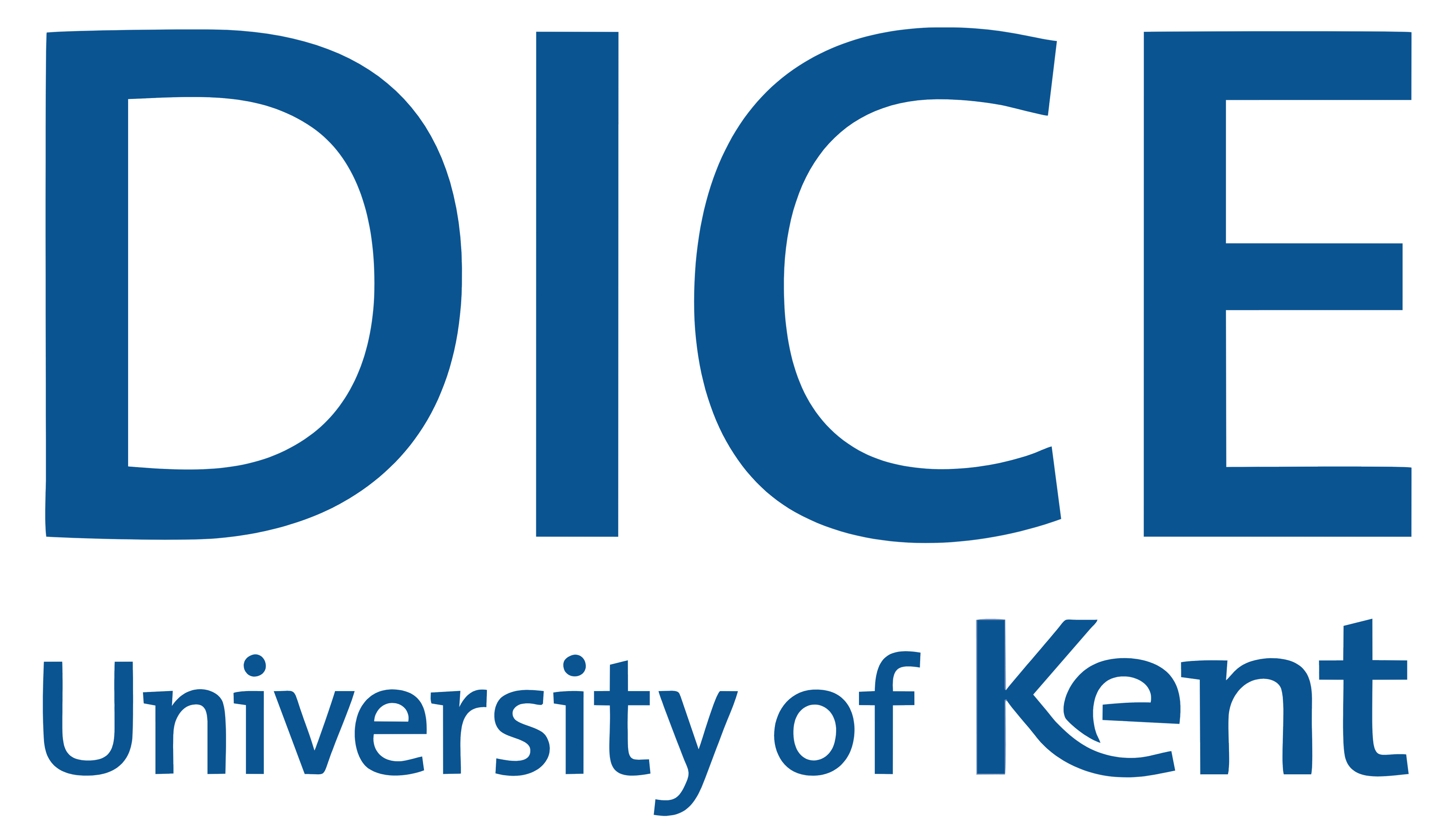Understanding & managing zoonotic disease risk for wild meat markets in Central & West Africa

Consumption of wild meat has both negative (e.g., zoonotic spillovers) and positive (e.g., providing essential nutrients) implications for human health, the extent of which varies geographically. Understanding the relationship between wild meat and human health is vital to guide and prioritise intervention actions and policy decisions.
Objectives:
- Review and contextualise the current state of evidence for zoonotic disease risks from wild meat
- Identify priority areas for intervention based on the positive and negative health implications of consuming wild meat in Central & West Africa.
- Determine how health risks from meat sold at markets changes in relation to market size and the surrounding environmental condition gradient
This three-year project is part of the research programme Wildlife Consumption in Urban Tropical Africa, funded by UK Research and Innovation, and led by Dr Daniel Ingram of the Durrell Institute of Conservation and Ecology (DICE). This interdisciplinary research programme aims to investigate the socio-cultural, economic, and ecological drivers of the hunting, consumption, and trade of wildlife for wild meat in rural and urban areas of the tropics and subtropics. The programme is connected to the larger WILDMEAT project which is formed by a team of local and international universities, government organisations, and NGOs. The research aims to inform policies which promote species conservation, social-cultural heritage, human health, and sustainable use.
Copyright for the picture above: Photo by Nathalie van Vliet/CIFOR (2017) CC BY-NC-ND 2.0
Participants

Natalie Yoh
Position: Postdoctoral researcher Country: United Kingdom Fields of action: Biodiversity Conservation, Human Health, Research, Wildlife Markets
Bieneke Bron
Position: Researcher Country: Norway Fields of action: Animal Health
Contacts
Nathalie
Position: Yoh Email: t.yoh@kent.ac.uk
